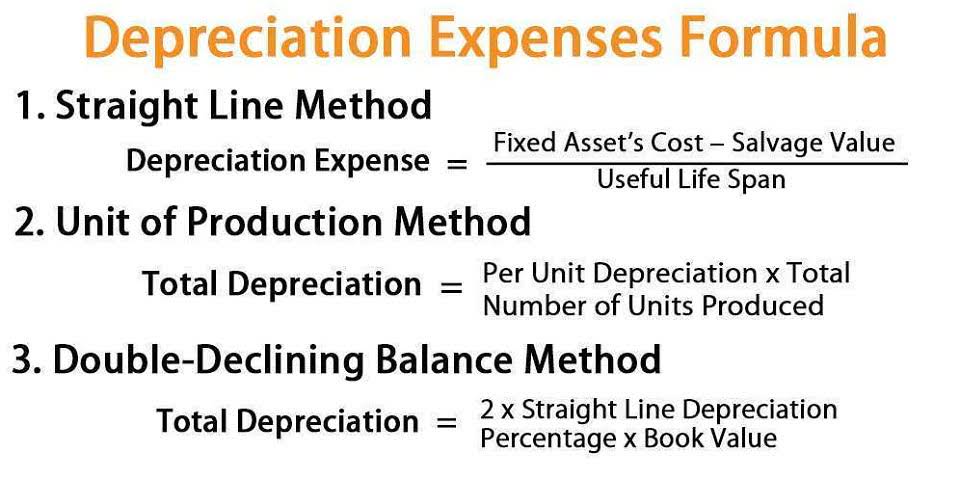
An example of the accrual of revenues is a bond investment’s interest that is earned in December but the money will not be received until a later accounting period. This interest should be recorded as of December 31 with an accrual adjusting entry that debits Interest Receivable and credits Interest Income. An example of an accrual vs deferral expense accrual is the electricity that is used in December where neither the bill nor the payment will be processed until January. The December electricity should be recorded as of December 31 with an accrual adjusting entry that debits Electricity Expense and credits a liability account such as Accrued Expenses Payable.
- For more information on how Sage uses and looks after your personal data and the data protection rights you have, please read our Privacy Policy.
- Accruals are revenues earned or expenses incurred that impact a company’s net income on the income statement, although cash related to the transaction has not yet changed hands.
- The income of $1,000 for the period will not be reported in the income statement for the next period as it has already been recognized and reported.
- Accrued interest refers to the interest that has been earned on an investment or a loan, but has not yet been paid.
- Remember that there isn’t a one-size-fits-all answer; what works for one business may not work for another.
- Accrued incomes are incomes that have been delivered to the customer but for which compensation has not been received and customers have not been billed.
When customers prepay for products or services they won’t receive until later, the payment is recorded as deferred revenue on the balance sheet rather than sales or revenue on the income statement. On the other hand, deferral accounting takes a more conservative approach by postponing the recognition of certain revenues or expenses until they are realized. This method can help smooth out fluctuations in financial statements and provide a clearer understanding of actual cash flow. Deferral accounting is commonly used by businesses that rely heavily on subscription-based services or prepaid contracts. One of the main advantages of accrual accounting is that it provides a more accurate picture of a company’s financial health.
Q: What is deferral accounting?
Another example of an expense accrual involves employee bonuses that were earned in 2019, but will not be paid until 2020. The 2019 financial statements need to reflect the bonus expense earned by employees in 2019 as well as the bonus liability the company plans to pay out. Therefore, prior to issuing the 2019 financial statements, an adjusting journal entry records this accrual with a debit to an expense account and a credit to a liability account. Once the payment has been made in the new year, the liability account will be decreased through a debit, and the cash account will be reduced through a credit. Accrual accounting is commonly used by businesses that provide services over an extended period or have long-term contracts, as it accurately reflects their ongoing activities.
Student loan interest resumes Sept. 1. What that means for subsidized vs. unsubsidized debt – CNBC
Student loan interest resumes Sept. 1. What that means for subsidized vs. unsubsidized debt.
Posted: Thu, 31 Aug 2023 07:00:00 GMT [source]
This allows your organization to keep track of how much revenue is owed, as well as when you can expect it to be converted into current assets on an income statement. Even though you’ve paid the cash upfront, you wouldn’t recognize the entire amount as an expense in https://www.bookstime.com/articles/accounting-georgia January under the deferral principle. This is because you haven’t yet received the full year’s worth of insurance coverage. Instead, you would record the payment as a prepaid expense—an asset—and then gradually recognize a portion of it as an expense each month.
Final thoughts on deferral in accounting
Additionally, deferral accounting provides flexibility in timing income recognition or expense allocation. Businesses have the ability to defer recognizing revenue until goods or services have been delivered fully or expenses until they have been consumed completely. One challenge is that it requires extensive record-keeping and meticulous attention to detail.

By the end of the year, you would have recognized the entire prepaid amount as an insurance expense. For instance, if the furniture store were to offer a yearly maintenance service for your new sofa, and you paid the full annual fee upfront, the store would record this as deferred revenue. Although they’ve received the money, they can’t recognize it as revenue until they’ve actually performed the maintenance services over the year. As each service is provided, a portion of the deferred revenue would be recognized as earned revenue.

